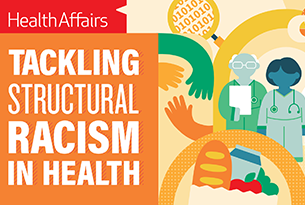Across the range of US public assistance programs such as Medicaid and the Supplemental Nutrition Assistance Program (SNAP), many eligible people are not enrolled. This failure to access benefits comes at a cost to the individual as well as to society. One primary reason for not enrolling is administrative burden, or “the costs faced by individuals in applying for, receiving, or using public benefits and services.” Although some administrative burdens play an important role by, for example, maintaining program integrity, they are often excessive and significantly limit access to health and health protective programs in a way that may reinforce existing patterns of inequality.




